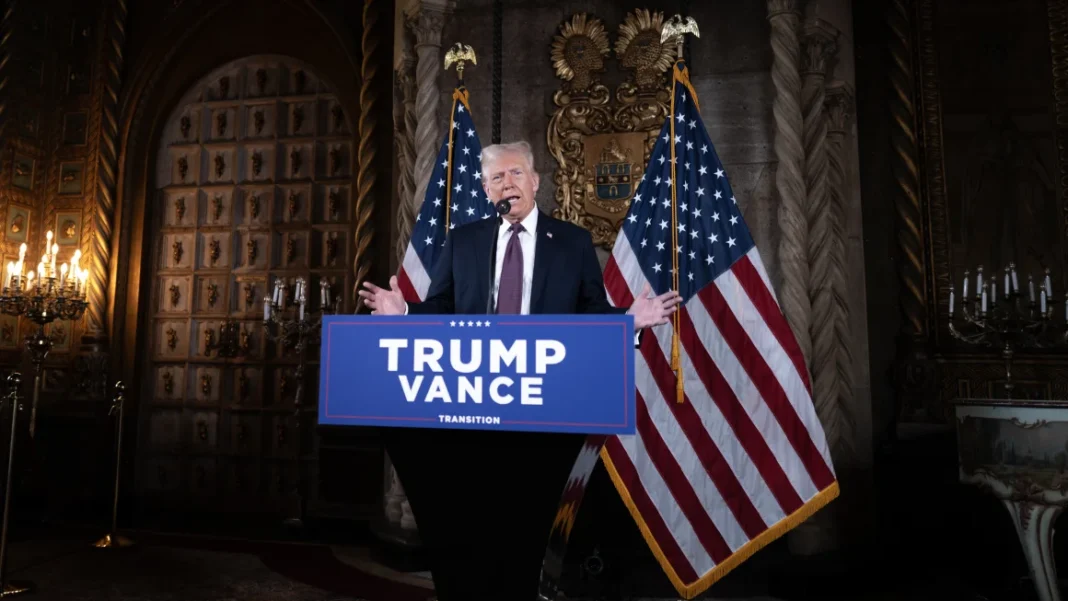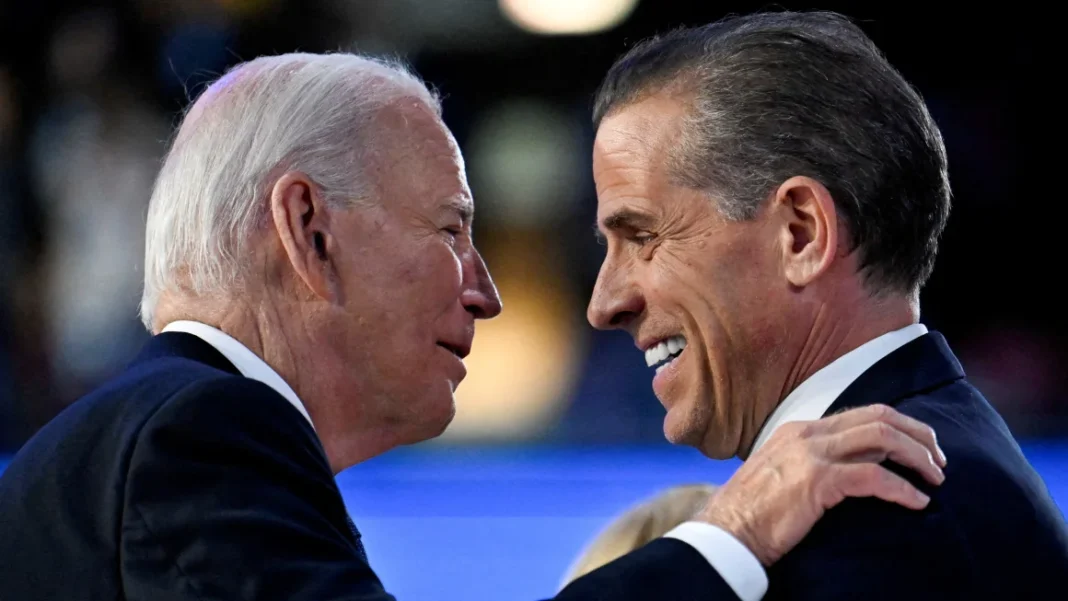President-elect Donald Trump is reportedly weighing the possibility of declaring a national economic emergency to justify imposing a broad new tariff program on both allies and adversaries, according to multiple sources familiar with the matter. This move would give him legal backing under the International Economic Emergency Powers Act (IEEPA), which allows the president to unilaterally manage imports during times of national economic crises.
Trump has used IEEPA in the past, notably during negotiations with Mexico in 2019, where he threatened tariffs to push for immigration policy changes. While those tariffs were never implemented, they served as a clear demonstration of his willingness to use such powers when he perceives economic or national security threats.
Sources say the Trump team is currently exploring multiple avenues, including section 338 of U.S. trade law, which permits imposing tariffs on countries that discriminate against U.S. commerce, and revisiting section 301, the statute that originally allowed him to implement tariffs on China. The administration’s exploration is driven by Trump’s campaign promises to reset global trade and bolster U.S. manufacturing, which his team believes is essential for economic and national security.
Trump’s advisers are evaluating the legal ramifications and considering how quickly such tariffs could be implemented under an emergency declaration. However, critics warn that such unilateral action could spark significant backlash from business lobbying groups, including lawsuits challenging the legality of the tariffs.
Supporters of Trump’s approach argue that tariffs are necessary to rebuild U.S. industrial capacity and strengthen American manufacturing, particularly in light of rising inflation and global competition.
No final decision has been made, and Trump’s team is still weighing its options, but this potential move marks a significant shift in trade policy direction as the new administration prepares to take office.


